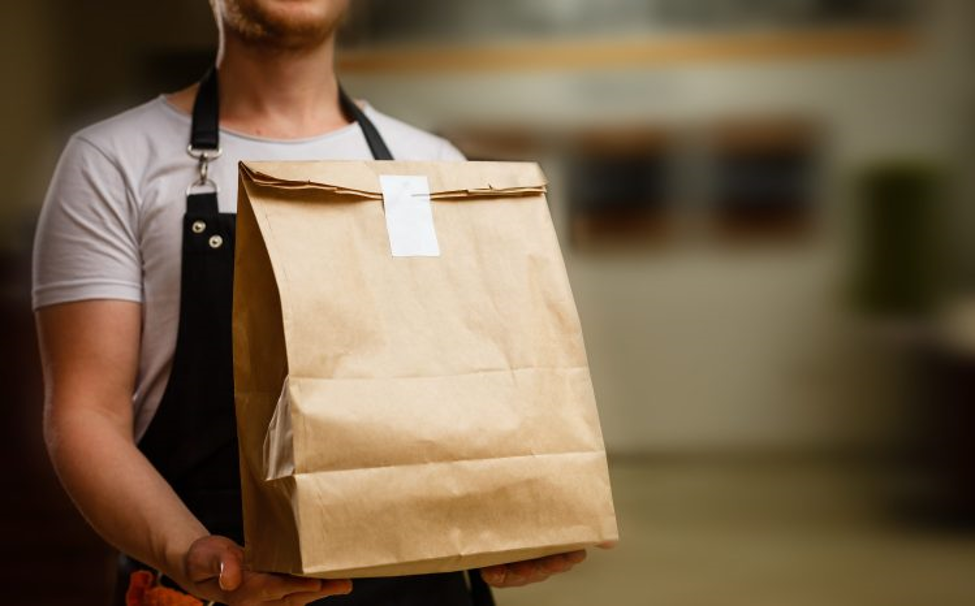Events, Eating Out, and Retail: What’s Allowed and What’s Not?

The COVID-19 pandemic continues to play out at a rapid pace and in King County, there is even greater urgency as the spread has moved beyond concentrated areas in the county. We now have the potential for rapid and widespread infection. In light of the current situation, Dr. Jeff Duchin, Health Officer for Public Health—Seattle & King County, issued an order intended to curtail the amount of face-to-face interaction in the community that can potentially spread the virus.
The Health Order
Events with 50 people or fewer
In parallel with a prohibition issued on March 16 by Governor Jay Inslee, the Health Officer orders, until further notice:
- Prohibits all events with 50 or more people
- Discourages all events with fewer than 50 people; furthermore, it prohibits events with fewer than 50 people unless event organizers take required steps to minimize COVID-19.
- Additional information is at www.kingcounty.gov/covid/events
Restaurants and social and recreational retail establishments
Until further notice:
- All bars, dance clubs, fitness and health clubs, movie theatres, night clubs, and other social and recreational retail establishments are ordered to close.
- All restaurants and food service establishments shall cease providing dining room services but may remain open for drive-through, take-out and delivery services and must adhere to the COVID-19 Public Health—Seattle and King County guidance for retail businesses and service operators.
Other retail and service operators
- At this time, all other retail businesses and service operators such as grocery stores, pharmacies, hardware stores, banks and gas stations which are not required to be closed by the Order may continue to provide services as long as they take steps to minimize the spread of disease.
- Additional guidance is at kingcounty.gov/covid/retail.
Why aggressive measures are needed now
These measures will be difficult and disruptive for everyone. The economic impact to businesses, restaurants, entertainment venues and cultural institutions will be enormous. For all of us who rely on social and recreational establishments for their services and to enrich our lives, it’s a tough pill to swallow.
No one wants to close such important elements in our community, and this order would not have been issued if health experts didn’t think it was absolutely necessary. COVID-19 cases continue to increase in Washington state, and King County is at the center of the outbreak. We expect the case count to double every 5–7 days unless we are able to significantly reduce community spread of COVID-19. The only way to do this is by decreasing the total number of people who get infected and can spread the disease to others, including the many vulnerable people in our families and community.
Flattening the curve of illness so people can get medical care
Reports from the regional hospitals show high levels of emergency room visits and increasing hospitalizations for pneumonia. They are already very busy. We can’t wait until the healthcare system is overloaded to take action.
Although most of us won’t get seriously ill, if we don’t take comprehensive steps, the number of infections that do require medical care could overload the health care system. We need to make sure everyone who is seriously ill and needs a hospital bed for any reason, including those who are at the highest risk for COVID-19—people over 60, and those with underlying health conditions—are able to get the care they need. Babies will continue to be born, people will still be injured in accidents, and other critical medical needs will surface. We need to do all we can to make sure they can meet these needs.
Helping local businesses and venues through the hardship
While we’re hunkering down, we can still try to support the local businesses that are suffering.
Support local businesses
- Purchase gift cards from retailers, entertainment venues and services for use later.
- Order online from local retailers, or call to see if you can order by phone.
- Shop when it’s less likely to be busy.
- Order in your groceries if possible to reduce crowding and close contact at grocery stores.
- Ask your gym or art studio if they are doing teletrainings.
- Call, tweet, or post your support to your favorite locals. Thank the service workers on the frontline, like the grocery store worker or gas station attendant.
Eating out without dining in
- Get take-out, drive-through or delivery from local restaurants, which is still allowed if restaurants follow the guidance from Public Health.
- If you’re waiting for takeout, be mindful of social distancing and stand at least 6 feet apart from others or wait outside. If possible, limit face-to-face contact to under 10 minutes.
- A good option to avoid close contact is to use a dining delivery service that can drop food off on your doorstep and call or text to let you know they’ve been delivered.
- Don’t forget to tip—food workers need your extra support.
This pandemic will end, and we will need all of the eateries, retailers, social institutions and recreational services that foster community to come back strong. We want our beloved local establishments to weather this pandemic, and we feel for the deep sacrifices that they must endure in the face of measures designed to protect the lives and health of all of our loved ones and the entire community.
Updated information about this quickly changing outbreak will be posted daily to www.kingcounty.gov/covid.
Contributor Meredith Li-Vollmer is a risk communication specialist at Public Health—Seattle & King County.
Originally published in Public Health Insider on March 17, 2020.
![Aging & Disability Services for Seattle & King County [logo]](https://www.agingkingcounty.org/wp-content/themes/sads/images/seattle-ads-logo.png)